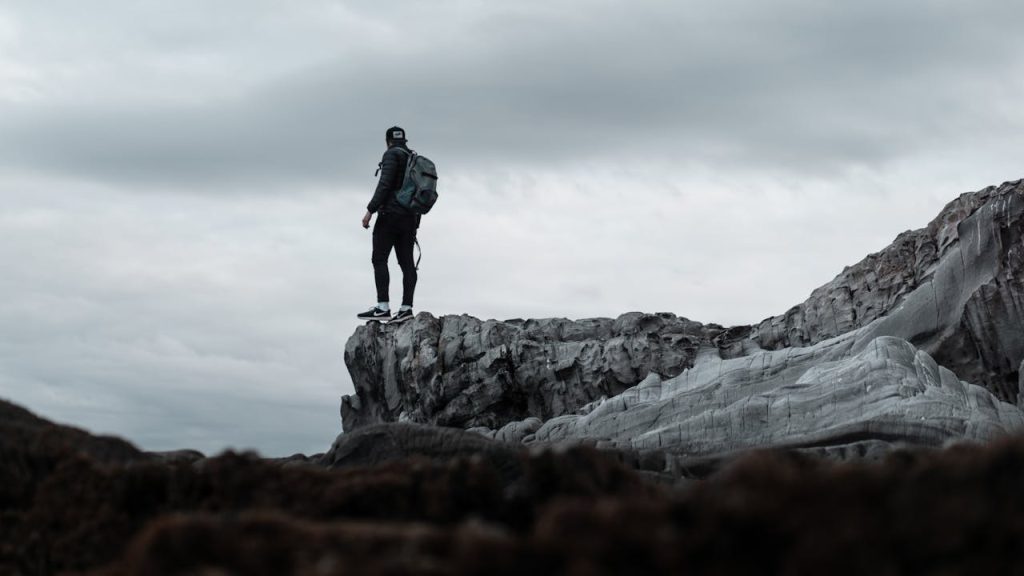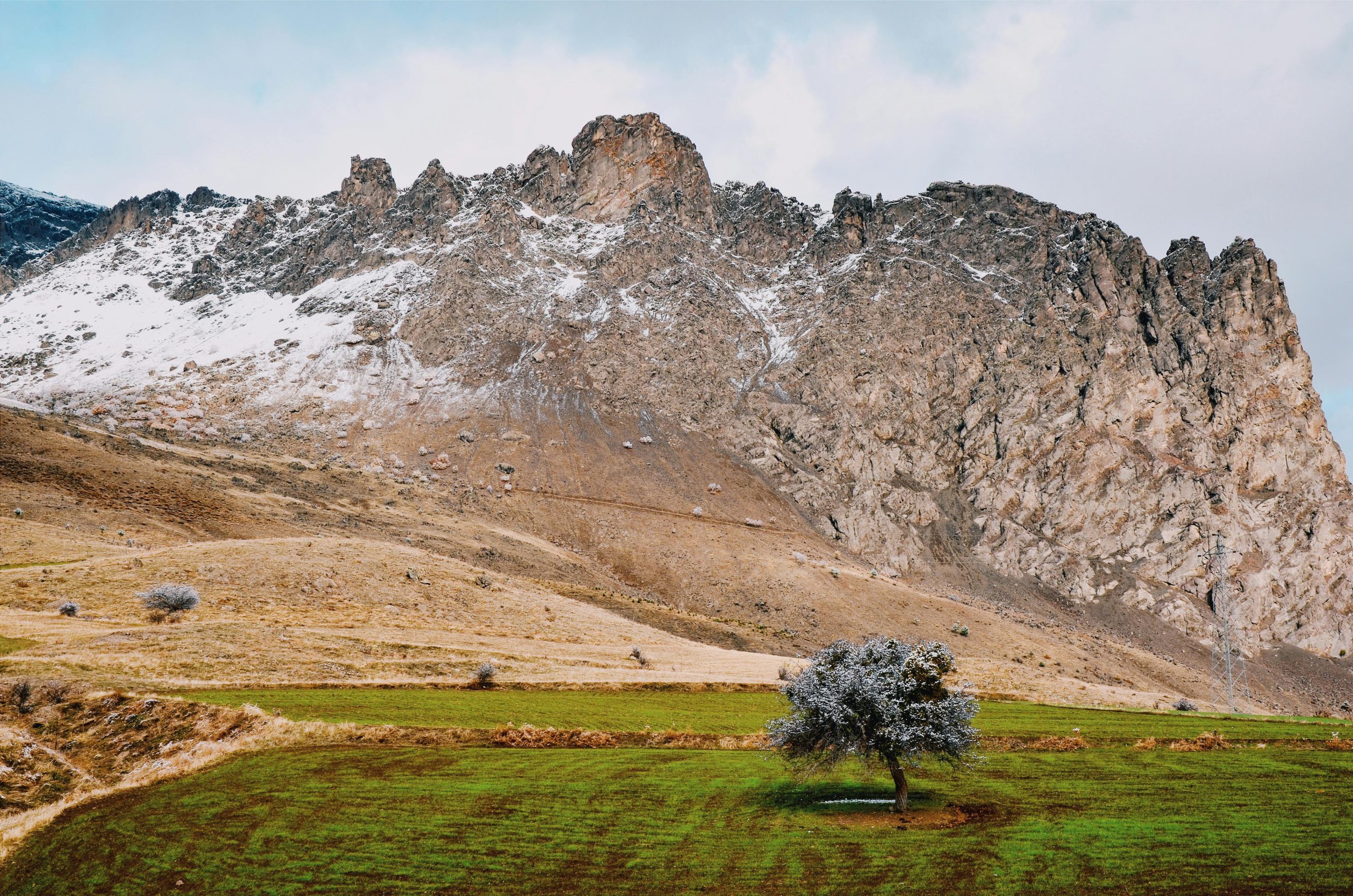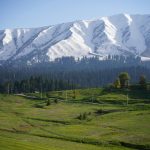Masherbrum, also known as K1, is one of the most stunning peaks in Pakistan and an integral part of the Karakoram Range. Standing tall at an impressive height of 7,821 meters (25,659 feet), it is not technically an 8,000-meter peak but holds its own as one of the most remarkable mountains in the world. Its breathtaking beauty, coupled with a reputation for challenging climbers, makes it a must-visit for adventurers and nature lovers alike.
In this blog, we will explore the wonders of Masherbrum, delve into its history, learn about its geographical significance, and discover why it holds such allure for mountaineers and travelers.
A Glimpse into the History of Masherbrum
Masherbrum was the first peak to be surveyed in the Karakoram Range during the Great Trigonometric Survey of British India, which earned it the designation “K1.” Despite being overshadowed in height by its neighboring 8,000-meter peaks like K2 and Gasherbrum, Masherbrum holds a prominent place in mountaineering history.
The mountain’s first successful ascent was achieved in 1960 by a joint Pakistani-American expedition led by George Irving Bell and Willi Unsoeld. Their climb was a groundbreaking achievement, marking the first time this formidable peak had been conquered. Since then, Masherbrum has been attempted by many, but its technical difficulty and unpredictable weather have kept its summit elusive for most climbers.
Geographical Significance of Masherbrum
Masherbrum is located in the Ghanche District of Gilgit-Baltistan, Pakistan. It is part of the Karakoram Range, which is home to some of the world’s tallest and most challenging mountains. The peak is surrounded by rugged terrain, dramatic glaciers, and picturesque valleys, making it a focal point of the region’s natural beauty.
The Baltoro Glacier, one of the longest non-polar glaciers in the world, lies close to Masherbrum and provides access to some of the most iconic peaks in the Karakoram, including K2. The strategic location of Masherbrum makes it a key landmark for trekkers and climbers exploring this magnificent region.
Masherbrum’s Unique Features
- Majestic Shape: Masherbrum’s pyramid-like structure is one of its most captivating features. The steep slopes and sharp ridges create a dramatic profile that dominates the surrounding landscape.
- Challenging Climbs: Masherbrum is considered one of the most technically demanding mountains to climb. Its steep inclines, frequent avalanches, and unpredictable weather make it a test of endurance and skill for even the most experienced mountaineers.
- Unmatched Views: From Masherbrum, visitors can witness panoramic views of the Karakoram Range, including the towering peaks of K2 and Broad Peak. The surrounding glaciers and valleys add to the visual splendor.
Why Masherbrum Attracts Climbers

For mountaineers, Masherbrum presents the perfect combination of beauty and challenge. Unlike some of the more frequently climbed peaks, Masherbrum remains less crowded, offering climbers a sense of isolation and adventure. The technical difficulty of its routes requires advanced skills, making it a coveted climb for those looking to test their abilities.
The mountain’s harsh weather conditions, including sudden snowstorms and strong winds, add an extra layer of difficulty. Successful ascents of Masherbrum are rare, which only increases its allure among the global climbing community.
Trekking Around Masherbrum
For those who are not professional climbers, trekking around Masherbrum is a fantastic way to experience its beauty. The journey typically starts from Skardu, a bustling town in Gilgit-Baltistan that serves as the gateway to the Karakoram. From Skardu, trekkers make their way to Hushe, a small village that acts as the starting point for treks to Masherbrum Base Camp.
The trek to Masherbrum Base Camp is a moderate-level hike that takes you through lush green meadows, roaring rivers, and rocky trails. Along the way, you’ll encounter breathtaking views of Masherbrum and other peaks in the range. This trek is perfect for adventure seekers who want to immerse themselves in the natural splendor of the Karakoram without attempting a full-scale climb.
Cultural Connection to Masherbrum
The local Balti people have a deep cultural and spiritual connection to Masherbrum. In Balti folklore, the mountain is regarded as a sacred place, and its towering presence is seen as a symbol of resilience and strength. Visitors to the region often have the opportunity to engage with the Balti community, learning about their unique traditions, language, and way of life.
The hospitality of the Balti people is renowned, and trekkers and climbers alike are welcomed with warmth and generosity. Staying in local villages and experiencing traditional Balti cuisine adds a rich cultural dimension to any visit to Masherbrum.
Sustainable Tourism and Conservation
As tourism in the Karakoram region grows, it is essential to prioritize sustainable practices to protect the fragile ecosystem surrounding Masherbrum. Visitors are encouraged to follow the principles of “leave no trace,” ensuring that they minimize their environmental impact.
Key tips for sustainable tourism include:
- Carrying reusable water bottles and avoiding single-use plastics.
- Disposing of waste responsibly and avoiding littering.
- Supporting local businesses by hiring local guides and staying in community-run accommodations.
- Respecting local customs and traditions to foster a positive relationship with the Balti people.
Safety Tips for Visiting Masherbrum
Exploring Masherbrum, whether through climbing or trekking, requires careful planning and preparation. Here are some safety tips to ensure a successful and enjoyable trip:
- Prepare for Altitude: The high elevation of the region can cause altitude sickness. Take time to acclimatize and stay hydrated.
- Hire Experienced Guides: Local guides are familiar with the terrain and weather conditions, ensuring a safer journey.
- Check Weather Forecasts: The weather in the Karakoram can change rapidly. Always check forecasts before starting your trek or climb.
- Carry Essential Gear: Whether trekking or climbing, make sure to carry appropriate gear, including warm clothing, sturdy boots, and emergency supplies.
Table of Contents
How to Reach Masherbrum
Reaching Masherbrum involves a combination of road travel and trekking. The journey begins in Islamabad, Pakistan’s capital, from where you can take a domestic flight to Skardu. The flight offers incredible aerial views of the Karakoram Range and is an adventure in itself.
From Skardu, you’ll drive to Hushe, which serves as the starting point for treks to Masherbrum Base Camp. The road to Hushe is rugged but offers stunning views of the surrounding mountains and valleys. Once you reach Hushe, you can begin your trek, soaking in the breathtaking beauty of the region as you approach Masherbrum.
Final Thoughts: Why Masherbrum Deserves Your Attention
Masherbrum may not be as famous as K2 or Everest, but it is a mountain that deserves admiration and exploration. Its striking beauty, cultural significance, and challenging climbs make it a must-visit for adventurers and nature lovers alike.
Whether you’re a seasoned mountaineer looking for your next challenge or a trekker seeking to immerse yourself in the beauty of the Karakoram, Masherbrum offers an unforgettable experience. By embracing sustainable practices and respecting the local culture, you can ensure that your journey to this majestic peak leaves a positive impact and lasting memories.


